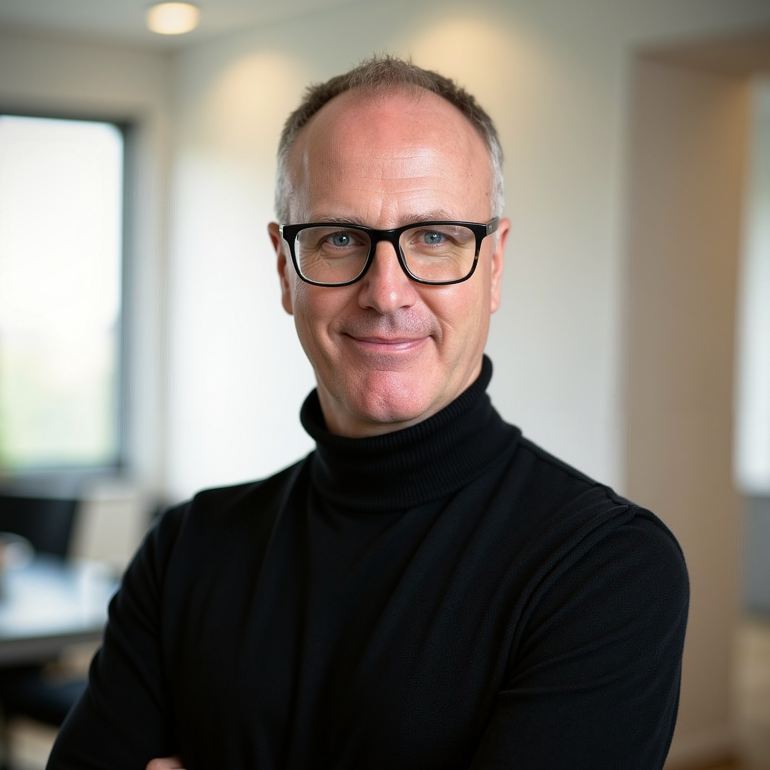Ed Gyde reports on the calls for wider EU collaboration between organisations to improve lung health.
Over 81 million people are now living with respiratory disease in the European region, with many undergoing an ‘invisible struggle’ every day, according to a key meeting in the European Parliament held on 23 September 2025 in Brussels.
The briefing organised by the European Respiratory Society (ERS) and chaired by Member of the European Parliament (MEP) Romana Jerković revealed that key lung conditions cost the European region €1.4 trillion a year in disability-adjusted life years (DALYs) – more than the gross domestic product (GDP) of Spain.
Delegates heard of the EU’s pivotal and welcomed plan to turn the tide against cancer, but the current policy response to respiratory disease has been fragmented across a number of policy workstreams and initiatives.
Many speakers spotlighted the overt gap between the burden of respiratory disease and the funding allocated to tackling it - with Tomislav Sokol MEP calling for sustainable ring-fenced funds for improving lung health to be included in the next long-term EU budget – which starts in 2028.
He joined forces with Professor Silke Ryan, consultant in respiratory and sleep medicine at St Vincent’s Hospital, Dublin, and President of the ERS, in calling for greater collaboration between organisations across different disease areas to influence policy on wider activities to prevent ill health.
Preventing lung disease was the central focus of the meeting – with broad-ranging discussions on the need to scale existing innovative policy interventions to tackle air pollution, as well as making further progress on tobacco control and early diagnosis through screening and other measures.
The damaging role of disinformation was also spotlighted – examples given ranged from how, historically, the tobacco industry misled the public about the overall health impacts of cigarettes to modern-day disinformation about COVID-19 vaccines. The need for both policy and campaigns to be centred on rigorous research, and for trusted organisations to be proactive in countering disinformation with robust evidence, were both underlined.
Reflecting on future EU policy activity, Mr Sokol said that the EU can augment their support for nations in preventing lung disease by providing evidence, data, and insight, producing guidance, promoting best practice of ‘what works’ and providing incentives for initiatives that deliver positive change.
Ms Jerković ended the meeting with a rallying call for health and wider organisations, policymakers, patients, and their carers to ‘unite and fight’ for a higher EU budget for respiratory disease by “translating our collective experience and evidence into action.” And she concluded “…with 6.8 million newly diagnosed cases of lung disease across Europe … there are 6.8 million reasons to act now.”



